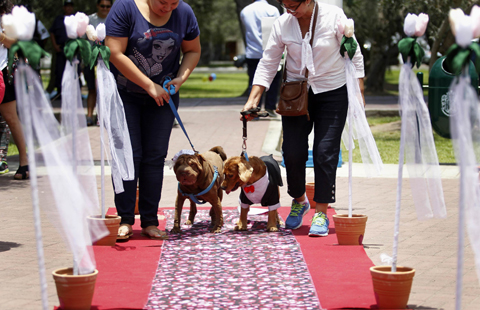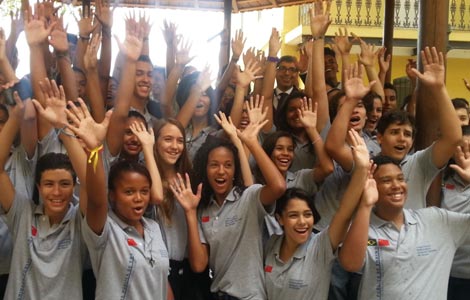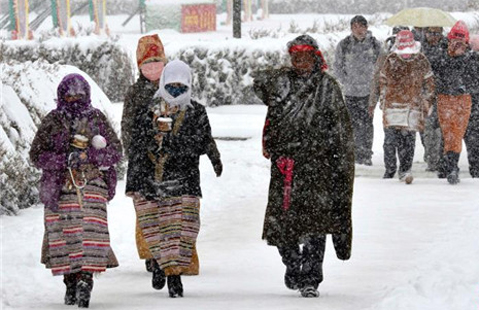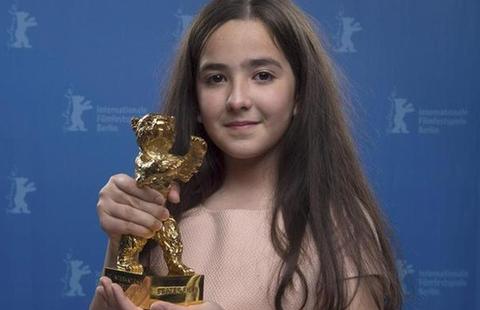Award-winner praises China's science policy
Updated: 2015-02-14 08:10
By Luo Wangshu(China Daily)
|
||||||||
A scientist who won the International Science and Technology Cooperation Award recognizes the value that China has placed on policymaking.

"Science has become a high policy priority in China, and this is in contrast to many Western countries where science innovation is not given the same level of encouragement as in China," Philip Rolston, vice-president of International Herbage Seed Group, wrote in an e-mail to China Daily.
Rolston was one of seven foreign scientists who won the award.
The 65-year-old native of New Zealand, who has expertise in seed research, leads a seed production research team in Lincoln, New Zealand, and is involved in research and development of the herbage seed industry with a focus on ryegrass agronomy and transmission of endophytes, which are organisms that live within plants. He is also a committee member of New Zealand's Seed Quality Management Authority.
Rolston has been cooperating with China since 1983, transferring advanced technology from New Zealand to the herbage seed industry and rural agriculture in western China.
To honor his contribution to China's scientific development, the government presented Rolston the International Science and Technology Cooperation Award in January, the highest award from the Chinese government honoring foreign scientists and organizations.
Rolston finds working with Chinese colleagues enjoyable.
"I have found Chinese scientists are both willing and keen to develop cooperation," he wrote, adding that the rapid improvement in English language skills among Chinese researchers and young science graduates makes cooperation much simpler.
Rolston says that giving science awards to younger scientists and researchers is a good strategy that has benefits for Chinese research as well as for the researchers.
However, "the disadvantage is that some very good, 'older' researchers can be overlooked, but on balance the advantages of this approach outweigh the disadvantages," he wrote.
- Wu Xifeng: An innovator in medical science
- Science study trips and experiment kits gain popularity in China
- Karamay praised for its science and technology education
- Thirty-four medicine and health projects win national science and technology award
- Hi-tech enterprises promote LNA's innovation development
- Chinese premier sees innovation countering slowdown
- Agriculture sector needs 'innovation' for growth
Most Viewed
Editor's Picks

|

|

|

|

|

|
Today's Top News
China to import more iron ore from Vale
Mexico makes moves to attract more Chinese tourists
Brazil, Peru and China to specify railway details
Growing up recluse in a dazzling world of Manhattan
Apple studies self-driving car: auto industry source
Second-longest railway built overseas by China rolls out
Graft buster publishes corruption cases in environmental sector
2 deadly shootings within hours in Copenhagen
US Weekly

|

|







